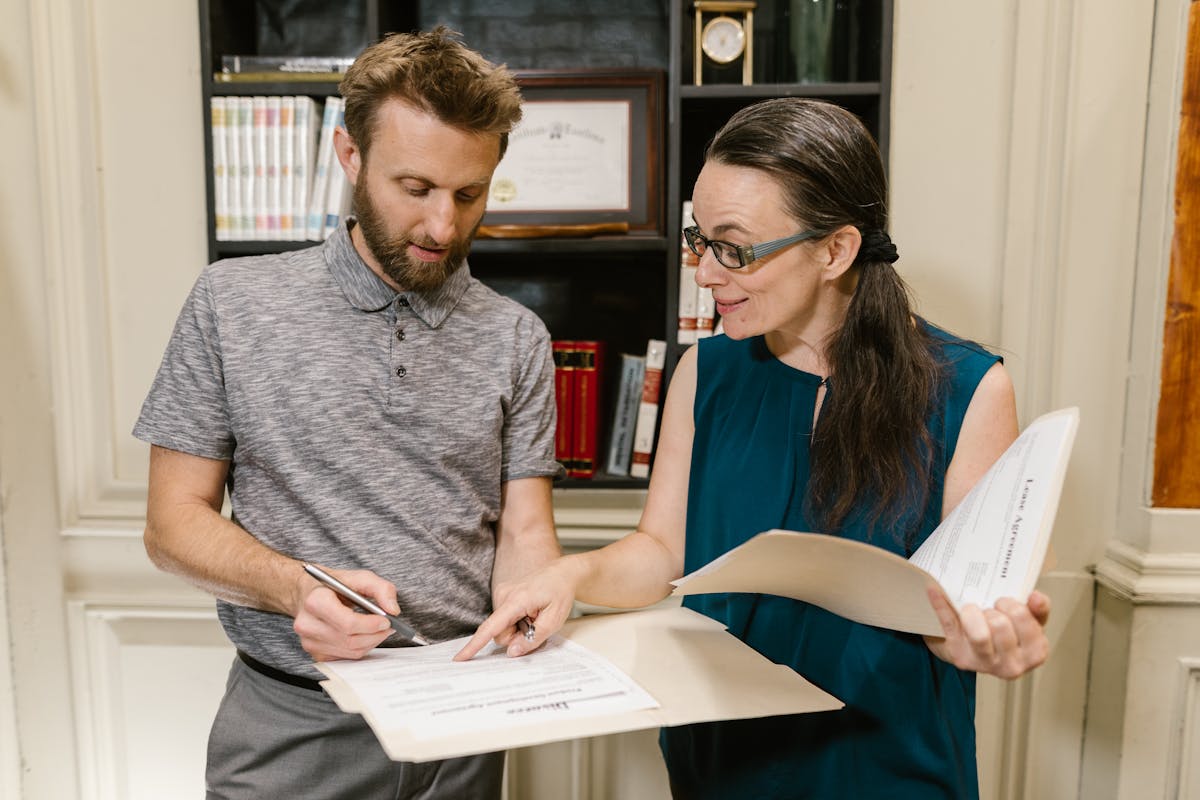
If you’re wondering whether a subpoena needs to be served in person in California, the quick answer is: not always.
While personal service is the preferred and most common method, California law allows for alternative service methods under specific conditions.
So, if you’re navigating the legal world and need to serve a subpoena, there’s flexibility—but knowing the rules is crucial.
Examine California’s subpoena regulations, explore various service methods, and emphasize the benefits of hiring a professional process server in California for a smoother, legally sound experience.
What is a Subpoena and Why Does It Matter?
Before jumping into the specifics of how to serve a subpoena, let’s cover the basics. A subpoena is a formal order compelling an individual to provide testimony or present specific documents pertinent to a legal proceeding. Failure to comply with this formal request may result in penalties or charges of contempt of court.
The key here is ensuring the subpoena is served properly. If it isn’t, the individual being subpoenaed could contest it, leading to delays in legal proceedings. California law has strict rules for how subpoenas must be served, which brings us to the question of whether personal service is always necessary.
In-Person Service: The Gold Standard
What is In-Person Service?
In-person service involves directly delivering the subpoena to the individual who needs to appear in court or provide documents. This is the most straightforward and reliable method of service, ensuring the recipient is aware of their legal obligations.
Why It’s Preferred
Courts in California prefer personal service because it provides clear, undeniable proof that the person has received the subpoena. In-person service is the most common method and least likely to be disputed, as it’s difficult to contest receipt of a document handed directly to you.
California Law on Personal Service
According to the California Courts, delivering a subpoena in person is the most reliable way to meet legal requirements and ensure that the recipient complies. This method is particularly necessary for subpoenas that require someone to appear in court.
Alternative Methods: When In-Person Isn’t Required
What happens if personal service isn’t possible? California allows for other methods when circumstances prevent in-person delivery.
Substitute Service: The Backup Plan
If the person you need to serve is difficult to reach, California law permits substitute service. This entails delivering the subpoena to a responsible individual at the recipient’s residence or place of employment and then sending a copy to the same location via mail.
Key Requirements:
- The person accepting the document must be at least 18 years old.
- The subpoena must also be sent via mail to the person being served.
- Berkeley Legal Affairs confirms that substitute service is valid as long as these conditions are met, making it an efficient alternative.
Service by Mail: A Convenient Option for Documents
While in-person or substitute service is necessary for subpoenas that require personal testimony, subpoenas for documents, also known as subpoenas duces tecum, can often be served by mail. However, the recipient must waive personal service, making this method conditional.
This option is commonly used in civil cases when the subpoena is for the production of business records or documents, saving time and effort. For specifics on when mail service is acceptable, refer to the California Department of General Services.
Take the Hassle Out of Subpoena Service
Delivering a subpoena doesn’t have to be complicated or stressful, especially when you have the right knowledge and the support of a professional process server.
Adhering to California law and guidelines ensures that your legal documents are served accurately and promptly. Whether you’re handling this process for the first time or looking for a more efficient method, having a clear understanding of the rules can make all the difference.
For comprehensive details on the rules and regulations around serving subpoenas, check out the California Courts Subpoena Guidelines. This resource offers essential information for the smooth navigation of the process.







